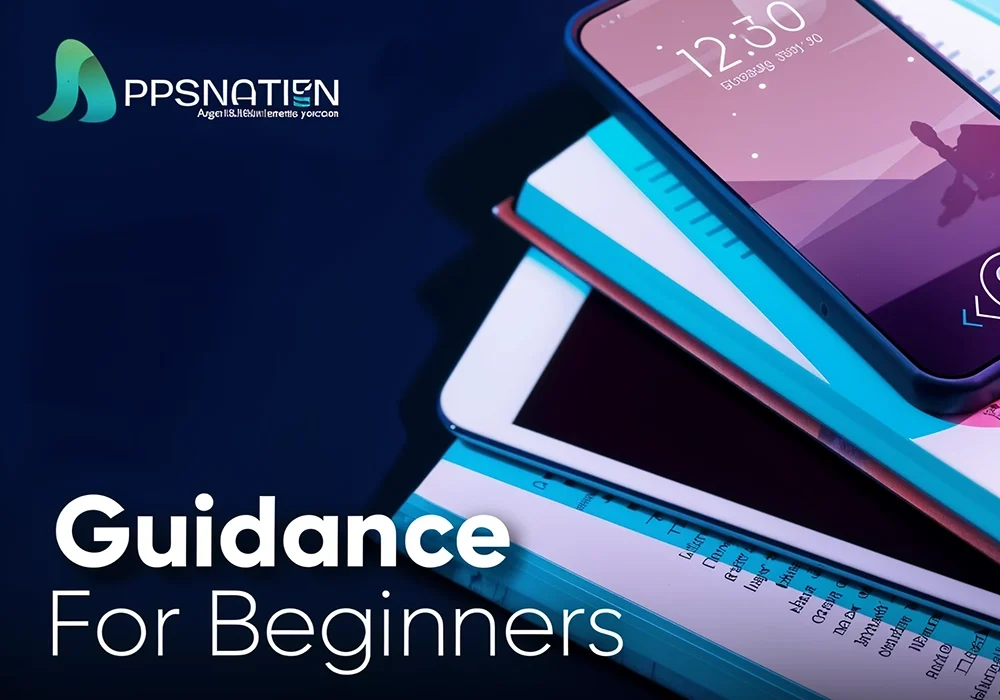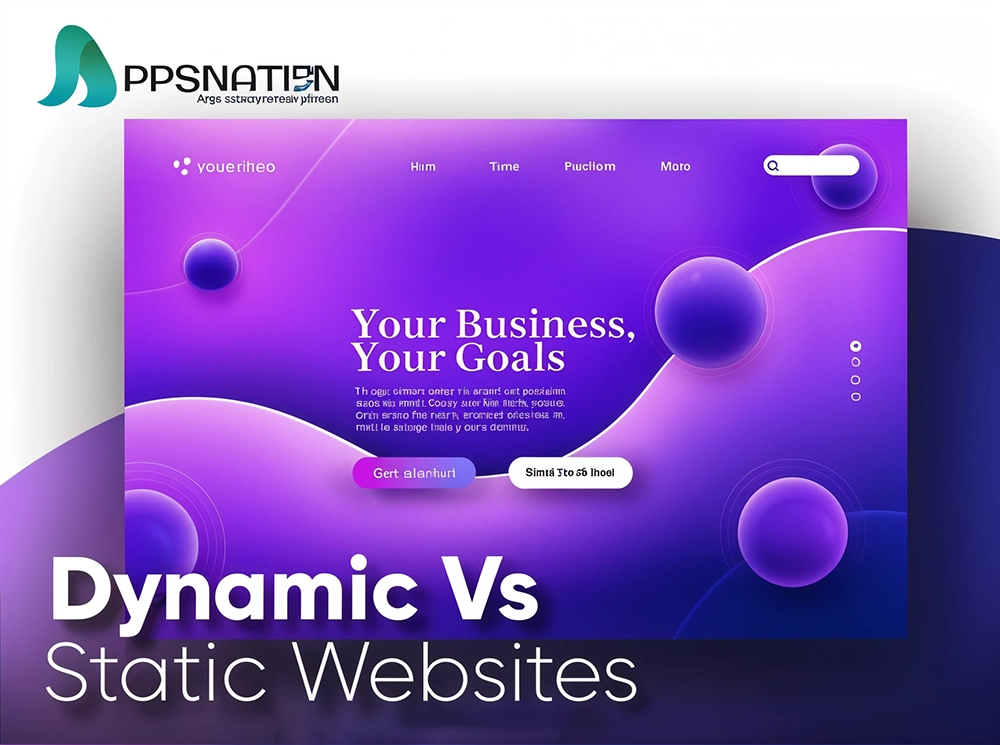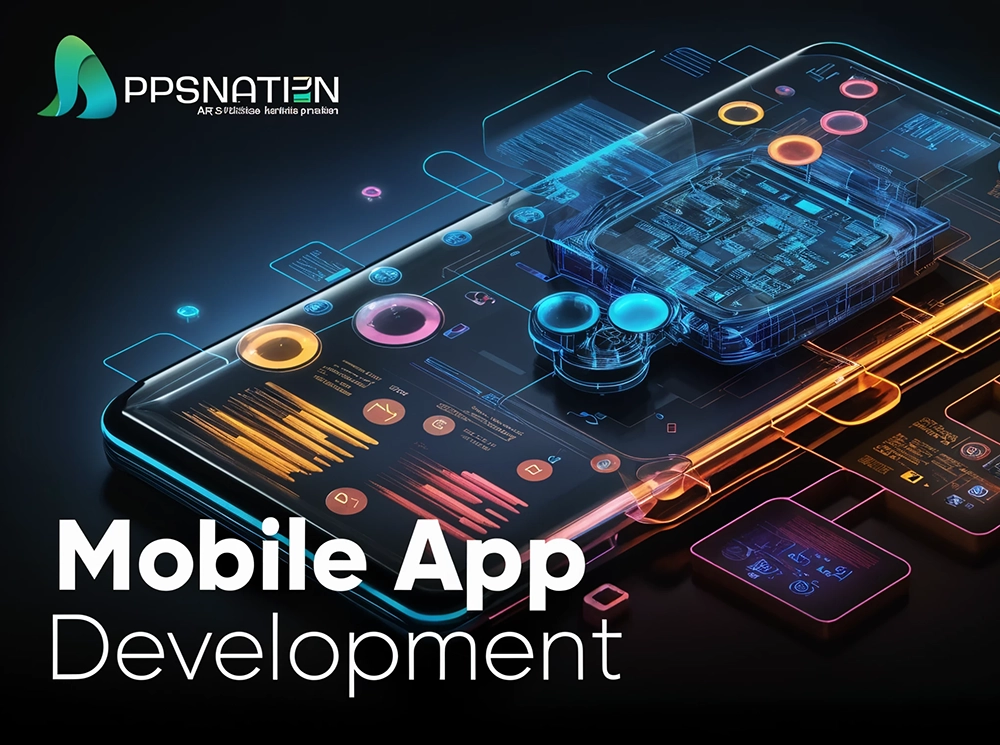In the modern era of technology, mobile applications have seamlessly integrated into our daily lives from social media platforms to productivity tools, mobile apps cater to various needs and provide convenience at our fingertips. However, the journey from an idea to a successful mobile app launch involves a well-defined development lifecycle. In this article, we will explore the stages involved in the mobile app development process, from inception to deployment.
Table of Contents
| 1 | Introduction |
| 2 | Understand the Basics of Mobile App Development |
| 3 | Choose a Platform and Programming Language |
| 4 | Learn App Development Frameworks and Tools |
| 5 | Get Hands-On Experience Through Projects |
| 6 | Join Developer Communities and Networks |
| 7 | Continuously Learn and Stay Updated |
| 8 | Build a Portfolio and Showcase Your Work |
| 9 | Conclusion |
| 10 | FAQs |
Introduction:
Mobile app development involves creating applications for mobile devices such as smartphones and tablets. As a mobile app developer, you have the opportunity to bring your ideas to life and make a significant impact on people’s lives through technology. Let’s dive into the steps you can take to become a mobile app developer.
Understand the Basics of Mobile App Development
Start by gaining a solid understanding of the fundamentals of mobile app development. Familiarize yourself with the concepts of user interfaces, programming logic, data management, and mobile app architecture. Explore different app categories and analyse popular apps to understand their features and functionalities.
Choose a Platform and Programming Language
Decide which platform you want to develop apps for, such as iOS (Apple) or Android (Google). Each platform requires specific programming languages. For iOS app development, learn Swift or Objective-C, while Java or Kotlin is necessary for Android app development. Consider market demand and your personal preferences when choosing a platform.
Learn App Development Frameworks and Tools
To streamline your development process, learn popular app development frameworks and tools. For iOS development, explore frameworks like UIKit and SwiftUI, and use Xcode as your integrated development environment (IDE). For Android development, learn about Android Studio, and explore frameworks like Android Jetpack and Flutter.
Get Hands-On Experience Through Projects
Put your knowledge into practice by working on app development projects. Start with small, simple projects to gradually build your skills and confidence. Practice building user interfaces, implementing features, and handling data. Collaborate with other developers or join coding bootcamps to gain hands-on experience and learn best practices.
Join Developer Communities and Networks
Engage with the mobile app development community to learn from experienced developers, ask questions, and get feedback on your work. Join online forums, attend local meetups or conferences, and participate in hackathons. Collaborating with fellow developers can expand your knowledge and open doors to new opportunities.
Continuously Learn and Stay Updated
Mobile app development is a rapidly evolving field, so it’s crucial to stay updated with the latest trends, technologies, and best practices. Follow industry blogs, read books, and take online courses to enhance your skills. Stay informed about platform updates and new releases that impact app development.
Build a Portfolio and Showcase Your Work
Create a portfolio of your app development projects to showcase your skills and attract potential employers or clients. Include a variety of projects that highlight different aspects of your capabilities. Create a professional website or use platforms like GitHub to share your code and projects with others.
Conclusion
Becoming a mobile app developer requires dedication, continuous learning, and hands-on experience. By following these steps and staying committed to improving your skills, you can embark on a successful career in mobile app development. Embrace the obstacles that come your way, persevere with unwavering determination, and let the pursuit of knowledge be a lifelong journey.
FAQ
Q: How long does it take to become a mobile app developer?
The time required to become a mobile app developer varies depending on factors such as prior programming knowledge, learning pace, and the complexity of the apps you want to develop. With consistent effort, it’s possible to gain the necessary skills within a few months to a year.
Q. Do I need a degree to become a mobile app developer?
While a degree in computer science or a related field can be beneficial, it’s not always a requirement to become a mobile app developer. Focus on building practical skills, gaining experience through projects, and showcasing your abilities through a strong portfolio.
Q: Can I develop apps as a freelance mobile app developer?
Yes, many mobile app developers work as freelancers and offer their services to clients or work on their own app ideas. Freelancing allows you to have flexibility in choosing projects and working on your own terms.
Q: Are there any job opportunities for mobile app developers?
Yes, there is a growing demand for skilled mobile app developers in various industries. Companies, startups, and digital agencies often hire mobile app developers to create innovative and user-friendly applications.
Q: How can I monetize my mobile apps?
There are various monetization strategies for mobile apps, including in-app purchases, advertising, subscriptions, and offering premium features. Choose a strategy that aligns with your app’s target audience and business model.




